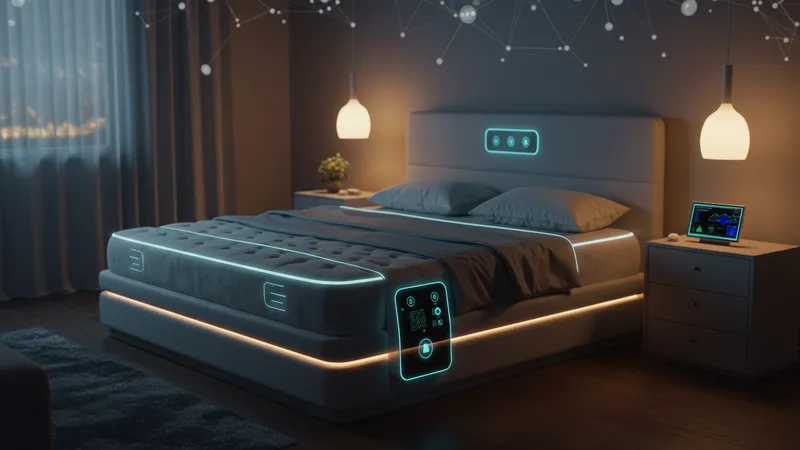
Smart Sleep Tech Is Optimizing Your Rest—but What Data Is It Collecting While You Sleep?
Surveillance or Personalized Care?
While many celebrate the personalized advantages that sleep tech can offer, particularly for those with sleep disorders, skeptics view it as yet another form of surveillance capitalism. The thin line between care and oversight becomes tenuous when consumer data starts revealing more than it should.

Personalized care, after all, isn’t just about improving sleep quality; it’s about understanding user patterns and preferences to enhance product engagement. But what happens when companies cross this boundary, becoming omniscient in areas we once held private?
Despite the convenience and health benefits, the sense of being constantly monitored can be unsettling. Imagine your sleep tracker providing feedback not only to you but to healthcare providers, employers, and potentially insurers. The next level of this reality might seem dystopian but isn’t as far-fetched as we’d like to believe.
However, the future is not without hope. Some companies are already pioneering data protection as part of their core ethos, offering settings that allow users to have control over their data. This shift gives us a glimpse of what a more ethical, consumer-centric future could look like if the industry chooses transparency over profit. But are we there yet?